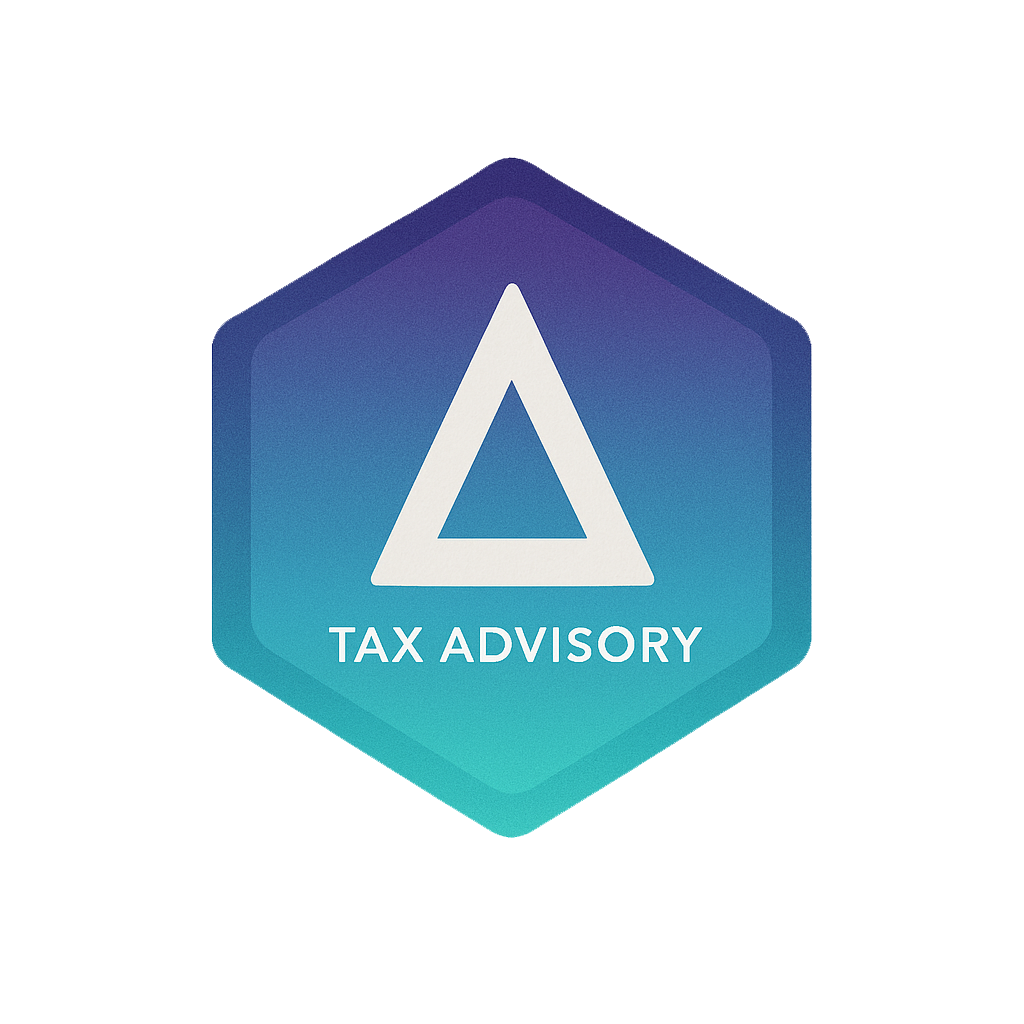Deductibility of Interest and Holding Costs: How the Rules Have Evolved
Interest expenses deductibility
The deductibility of interest expenses and other holding costs in relation to property has been an evolving area of Australian tax law. What was once a relatively straightforward principle — interest is deductible if incurred with the intention of generating assessable income — has since become more restricted through legislative changes and ATO guidance.
The Position Before 2019 – Intention Was Sufficient
Historically, taxpayers could claim deductions for interest on borrowings used to acquire property, even if the property was not yet income-producing, so long as there was a genuine intention to rent it out.
For example: If you purchased vacant land intending to build a rental property, interest on the loan was deductible, despite no current rental income.
This flowed from general deduction principles in s.8-1 ITAA 1997 and case law (such as Steele’s case), which recognised deductions based on a clear nexus between the outgoing and future assessable income.
The tax mischief
Before 2019, interest and other holding costs on vacant land could be deducted under s.8-1 ITAA 1997 based simply on an intention to build and derive rent in the future (following Steele’s case).
This meant taxpayers could hold large parcels of vacant land (sometimes for many years) and claim deductions, even if there was no realistic timeframe or plan for rental income.
The Government saw this as inappropriate tax sheltering, especially where land was primarily held for capital appreciation or private homes.
The 2019 Law Change – Introduction of Vacant Land Deduction Restrictions
From 1 July 2019, Parliament introduced changes to deny deductions for certain holding costs associated with vacant land (s.26-102 ITAA 1997).
Under these rules:
Interest, council rates, land tax, and maintenance expenses on vacant land are no longer deductible unless the land is being used, or held available for use, in carrying on a business (e.g. property development).
The new law driven by a policy concern from Treasury and the Government that taxpayers were claiming ongoing deductions for land that was not genuinely being used to earn income.
For many “mum and dad” investors, this meant that interest on loans for residential land where construction had not commenced, or where the property was not yet leased, became non-deductible.
ATO Guidance – What Counts as “Holding Costs”
The ATO subsequently clarified how these rules apply. In Draft Taxation Ruling TR 2021/D5 (and finalised in 2023 as TR 2023/3), the ATO stated:
Holding costs include: any interest or ongoing borrowing costs to acquire land are included as a cost of holding land. Examples of other costs of holding land include council rates, land tax and maintenance costs. Where the new law prevents a deduction for holding costs, the expenses may form part of the third element costs of owning the asset.
Exclusion: construction costs do not consider the costs of repairing, renovating, or constructing a structure on the land, or any interest or borrowing costs (to the extent they are associated with repairs, renovation or construction), to be a loss or outgoing related to holding land.
In practice, this means:
If you’re paying interest on a loan for land you intend to build on, you generally can’t deduct the interest.
If you are incurring interest on construction-related loans, these may be deductible.
Practical Implications
Investors: Can no longer rely on “intention to rent” to claim deductions for vacant land interest and rates. Deductions are effectively disallowed until the property is built and available for lease.
Capital Gains Tax (CGT): Non-deductible holding costs may still increase the property’s cost base, providing relief on eventual disposal.
What Clients Should Do – Amendments
If deductions for interest or other holding costs have been claimed in prior years contrary to these rules:
Taxpayers should request amendments to their lodged tax returns.
Generally, individuals and small businesses have two years from the original notice of assessment to lodge an amendment.
If outside the two-year period, it may still be possible to amend by lodging an objection and requesting an extension of time from the ATO.
